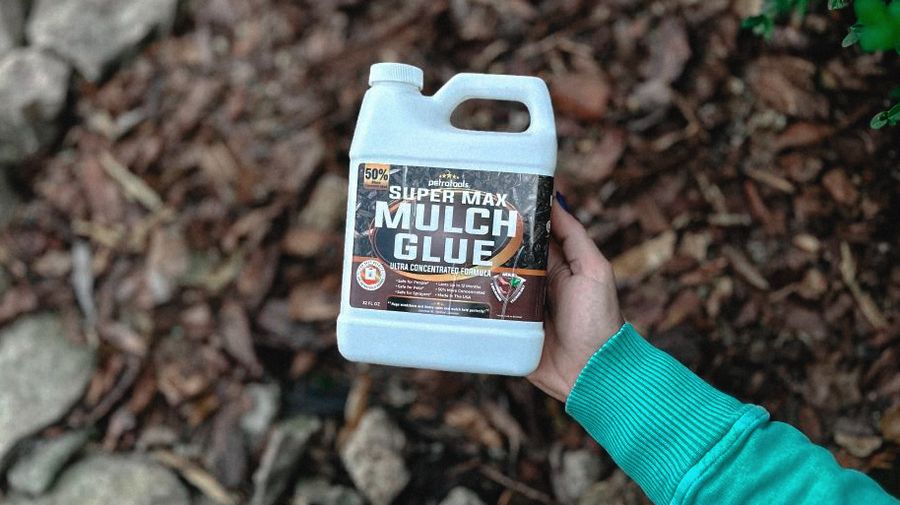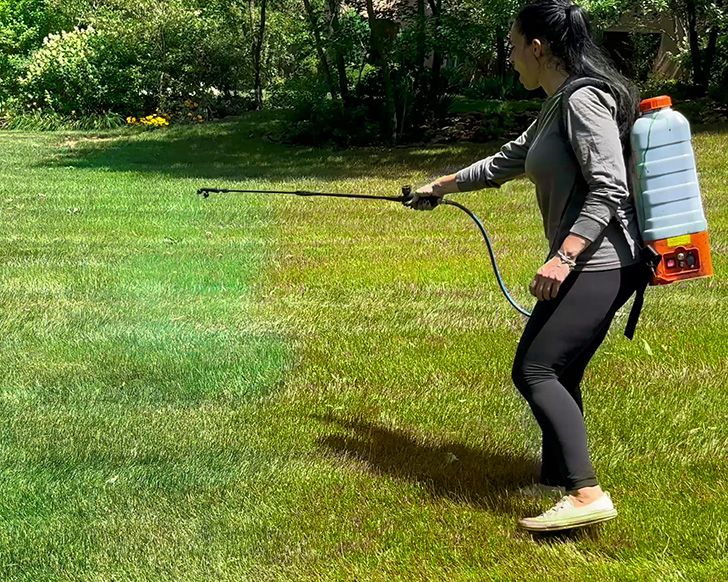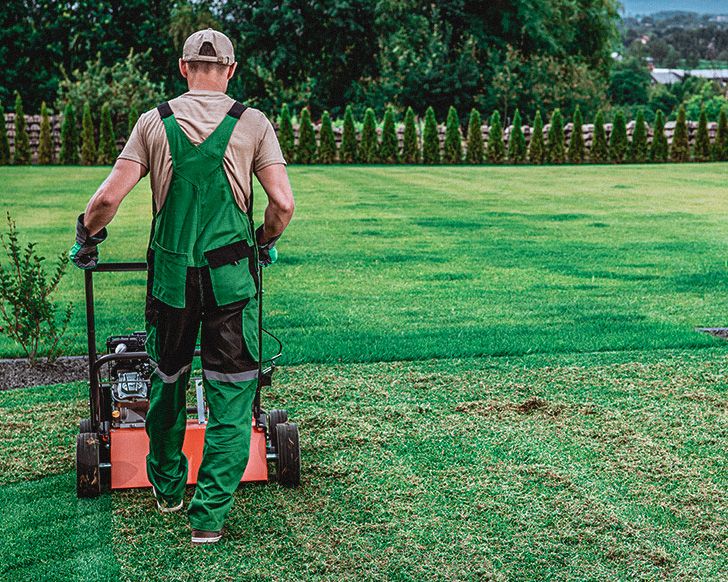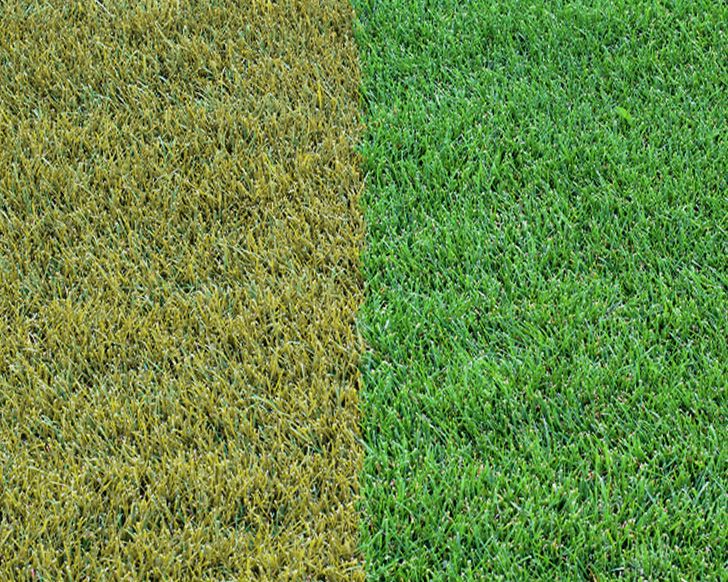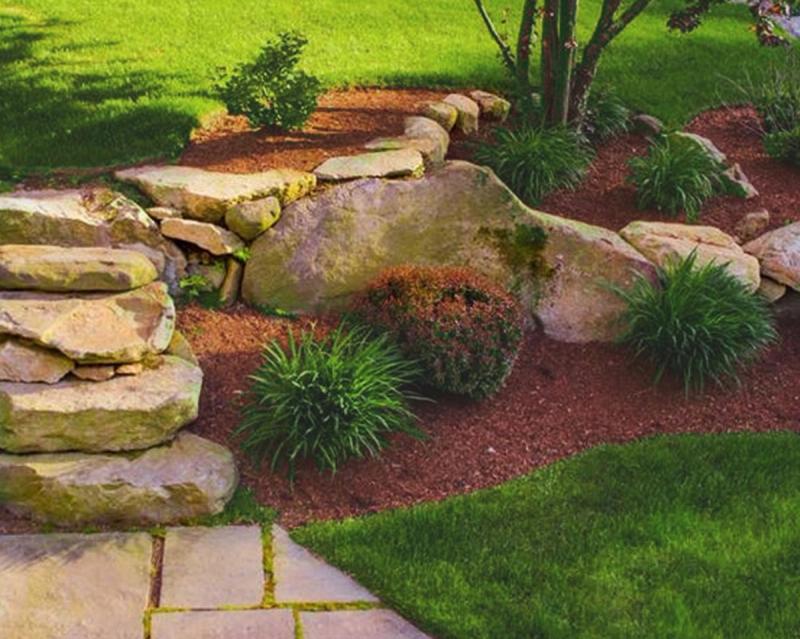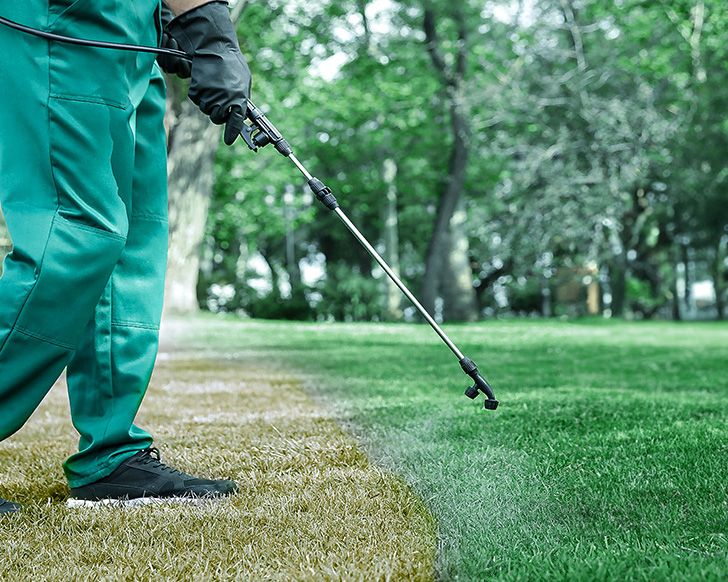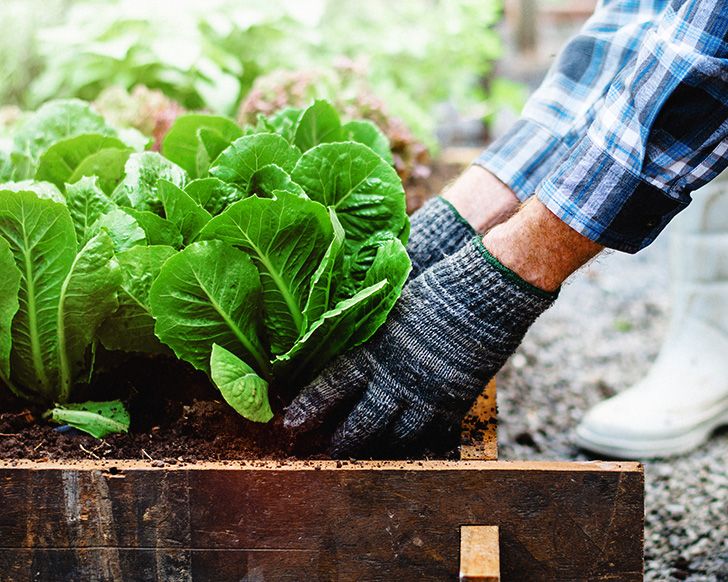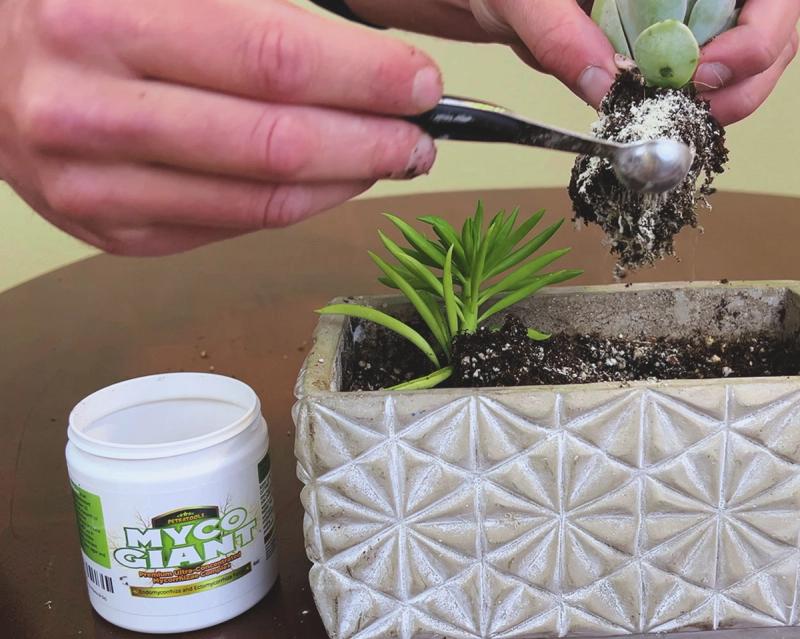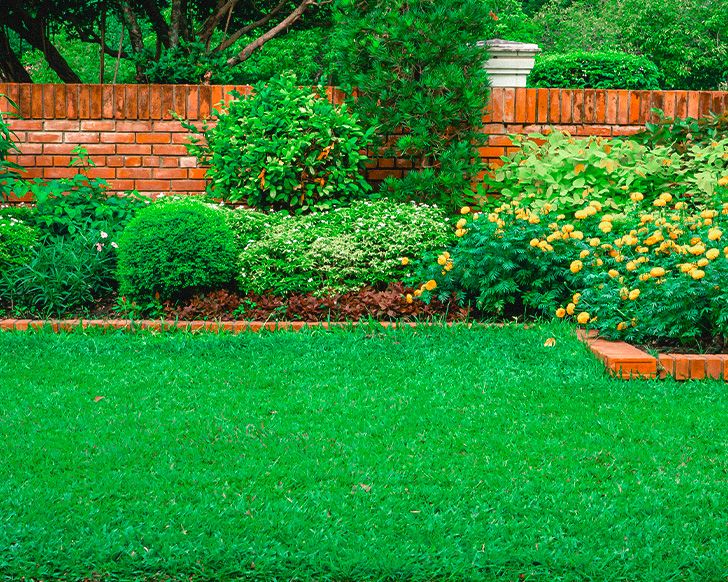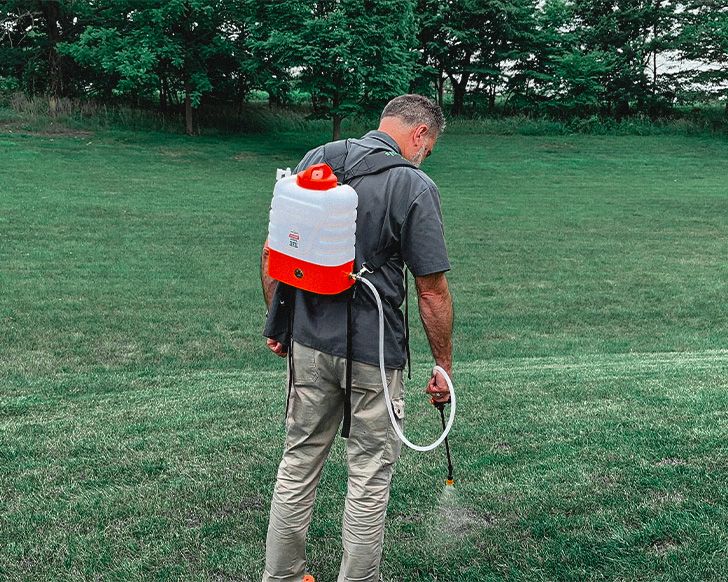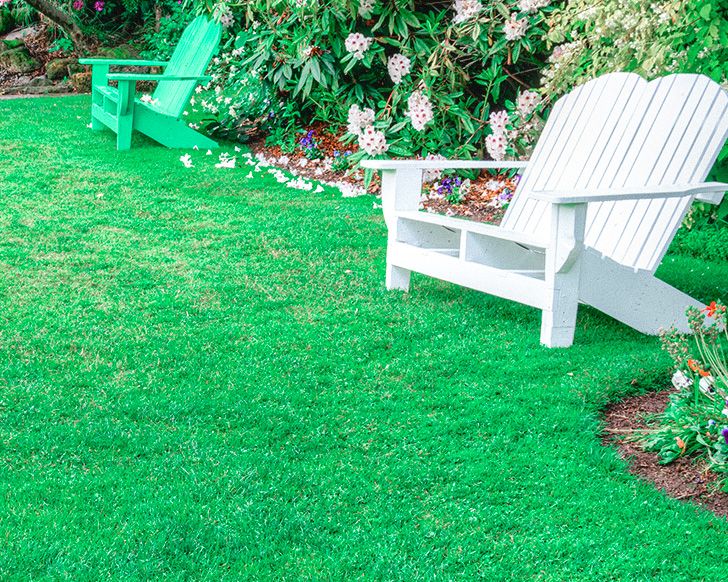Moldy Mulch? Here's An Effective Way To Fix It (2024)
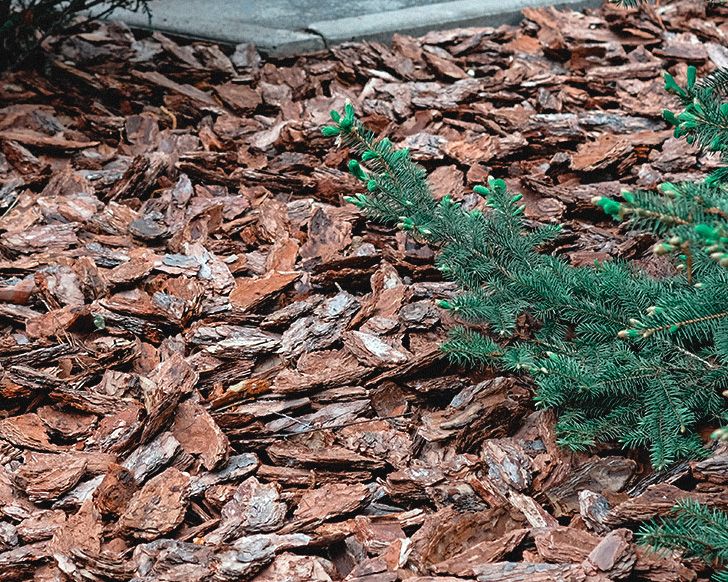
Moldy Mulch? Here's An Effective Way To Fix It

Mulch is an essential part of garden and landscaping maintenance that helps to retain moisture, eliminate weeds, and improve the aesthetics of your yard.
Unfortunately, it can be blown away or washed out by heavy rains. But what if your mulch has gone bad? How can you stop mulch from getting moldy? What is the best way to keep your mulch in place?
Read on as we cover how to regain control of your mulch, so that you can continue to enjoy a healthy, beautiful landscape.
Mulch and Molds
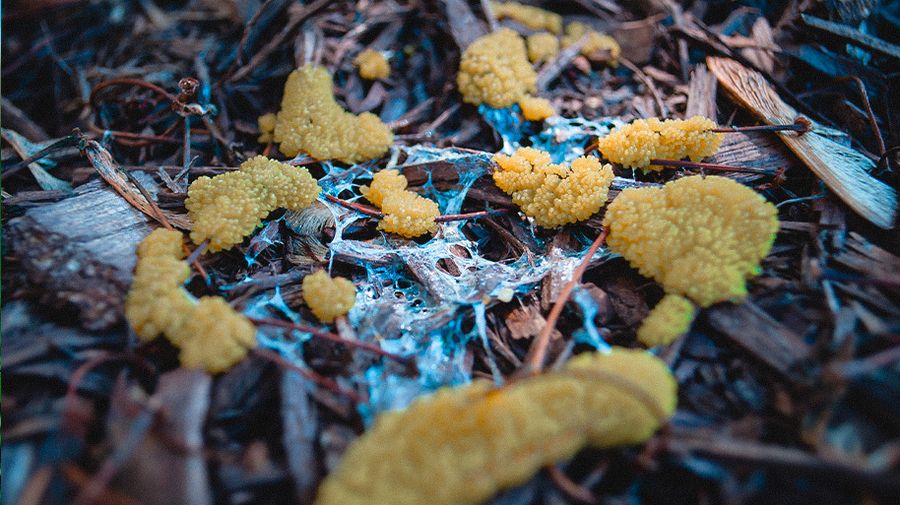
Mulch helps keep weeds from growing in your garden, and it can make the look of your house more appealing. However, mold on mulch is something you definitely don't want to see.
So, why is your mulch moldy? Mulch can become moldy if it is made of organic materials, has a high moisture level, and is kept at temperatures between 77 to 86 degrees Fahrenheit (25-30 Celsius).
Although you cannot control all environmental conditions in your yard, some steps can be taken to prevent mold from spreading into the surrounding environment.
How to Recognize Mold on Mulch
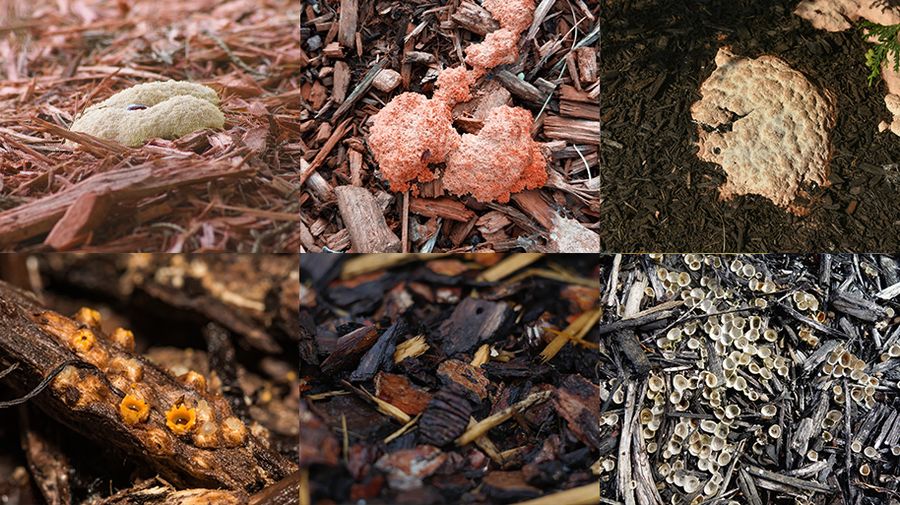
Mulch color is one of the first things to look for when trying to identify mold on mulch. Mold will typically appear as green, brown, or black spots on your mulch, but it can also be white or pink.
The appearance of these spots may vary depending on what type of material was used in making the mulch and how long it has been sitting outside.
Mold growing on mulch can be of many colors, including:
- White
- Black
- Brown
- Pink
- Orange
- Green
- Yellow
Many kinds of fungi and mold can grow on your mulch. Some types of molds are harmless, while others can be very dangerous. You should always avoid working with mulch infected by a fungus or mold because it will spread to other areas and make your yard unsafe.
Here are some examples:
- Slime Mold. People sometimes call slime mold "dog vomit" because of the bright-colored hues it often takes on. Although slime mold is not harmful, its bright orange color often stands out against dark mulch and makes it unsightly.
- Mushrooms. A mushroom is the fleshy spores of a fungus that grows underground. The fruiting body of this fungus contains spores that allow it to propagate. Mushrooms do not harm your plants, but some are poisonous to people or animals. Keep young children and pets away from mushrooms until you've identified them by consulting a field guide!
- Shotgun Fungus (Artillery Fungus). Shotgun fungus is usually not harmful to plants. The cups it produces hold a black clump of spores—when the plant tissue underneath has decomposed, holes are visible in its place. This spore clump looks like an egg and, given enough time, will burst open to scatter its spores. Be aware that the black spores from an exploding egg can spread and stain items nearby.
- Bird's Nest Fungus. Bird's Nest Fungus resembles tiny nests with eggs in the middle. When it rains, the "eggs" spread out of a nest made by birds to disperse fungi. Although Bird's Nest Fungi are generally not considered harmful to plants, they can occasionally cause problems.
How Does Mold in Mulch Spread?
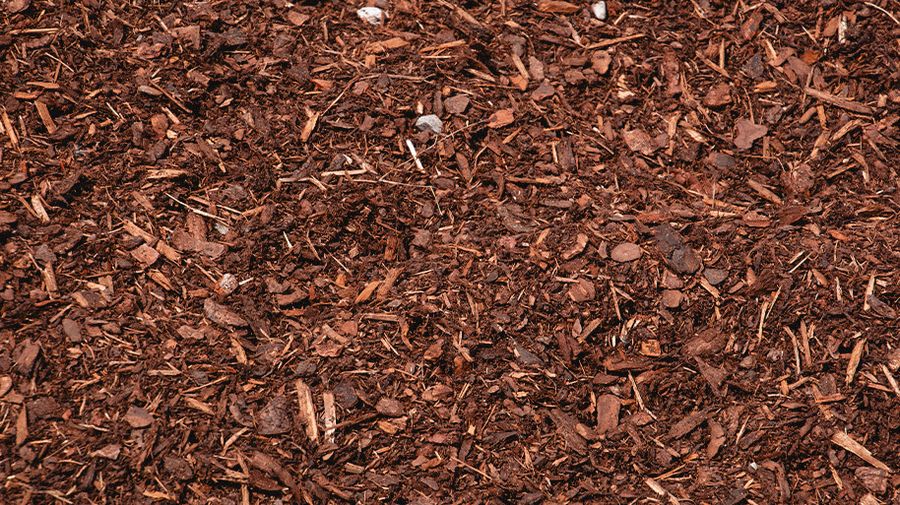
Mold spores can travel from one place to another by finding their way onto your mulch. They are then able to grow and spread. This is how mold in mulch spreads through your landscape.
Mold can spread to your mulch easily in several ways:
- Water. Some mold (such as bird's nest fungi) is spread by rain or other bodies of water that carry spores from place to place. To avoid spreading mold by spraying your mulch, don't water it if you see that the surface is already covered with mold.
- Insects and animals. Insects or animals can also spread mold spores. For example, flies often carry the spores of stinkhorn fungi on their bodies.
- Wind. Wind can carry mold spores, just like dandelion seeds. If you buy mulch with mold spores, it can spread to plants and cause infection. If you're not careful to keep the plant well-watered and let it get too dry between waterings, a mold infestation probably will result.
Do Moldy Mulch Hurt Plants & Trees?
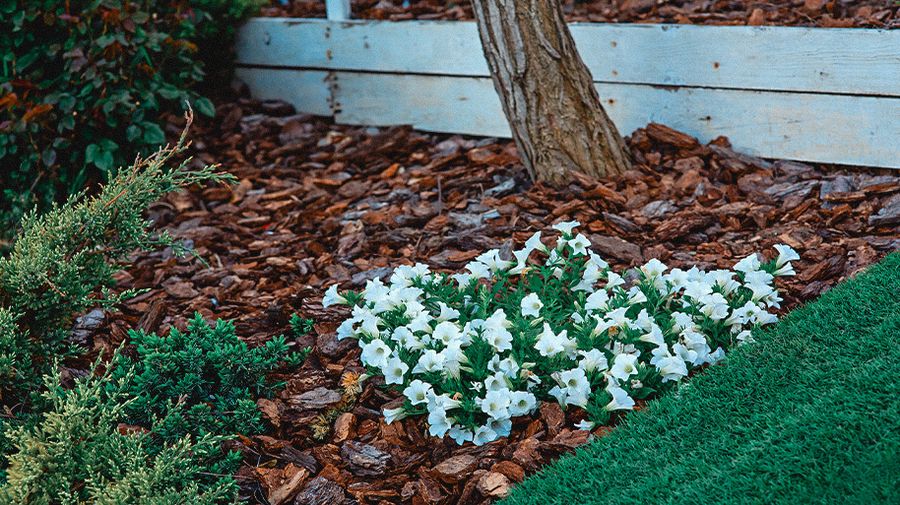
Often, mold is not harmful to healthy plants or trees. However, some mold will grow on dead vegetation and decompose it into nutrients for the soil.
Plants with nutrient deficiencies or overwatered are more susceptible to mold. In most cases, you don't need to treat your mulch for mold. If it does grow—either with or without treatment—it's part of the natural process when wood decomposes.
If you are concerned about mold damaging your plants or trees, keep the mulch at least a few inches away from their base. Keep mulch away from your plants to prevent the spreading of fungus spores.
How to Treat Molds in Mulch
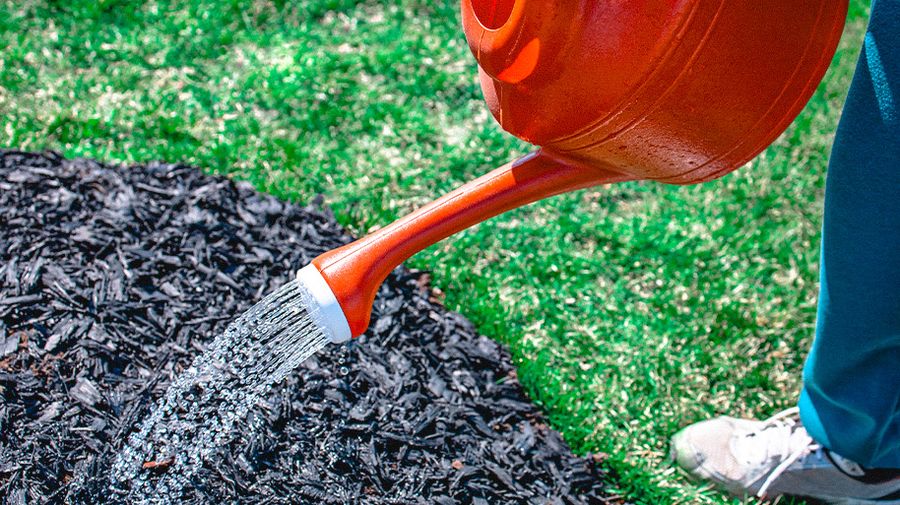
The best way to solve a mulch mold problem is to prevent it from happening in the first place. The most common cause of mold on wood chips or bark is waterlogging. If you have too much moisture in your yard, especially near the base of trees, this can lead to the infection of spores and other types of fungi that will grow on the wood.
Here are a few tips for treating moldy mulch:
- Drying out your mulch. The first step to dealing with mold on mulch is to remove the water from the area. This can be done by drying out your yard and ensuring no puddles of water are sitting around on top of the wood chips or bark. If you get a lot of rain, consider spraying off this area with a water hose or using a leaf blower to dry it out faster. You may also want to rake up any leaves or other debris that has been collected in this area as well.
- Using vinegar. Using vinegar is a good way to kill mold on mulch. You can spray the solution directly onto the wood chips or bark and let it sit for several hours before rinsing it off with water. If you want to use vinegar and avoid standing water in your yard, consider spraying it after removing as much moisture as possible from this area. Just a reminder, though, this step is simple but keep in mind that it may be harmful to nearby plants.
- Dig up and dispose of molds. If you have a large amount of mulch that needs to be removed, consider digging it up and disposing of it. If you decide to dig up the wood chips or bark, make sure that you dispose of them properly so they don't end up in a landfill where they will just sit and continue growing mold.
Prevent Mulch from Washing Away
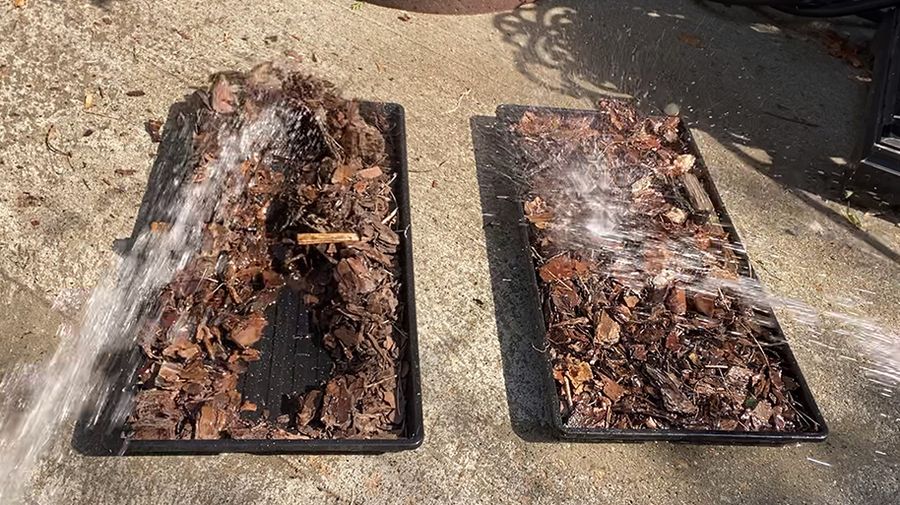
When you have mulch in your yard, it's important to keep it from washing away. If you don't, it can cause damage and be very expensive to replace. You would need a great barrier to keep the mulch intact and avoid washout.
PetraMax Super Max Mulch Glue is an ultra-strong adhesive spray that will hold your mulch in place, even when it rains. It won't wash out or be blown away by the wind. It's now 50% more concentrated and leverages custom, water-based binders to create a safe mulch that sticks together. Super Max Mulch Glue binds everything together, allowing water and nutrients to pass through so that your soil can readily absorb them. The bond is stronger than ever and still totally safe for plants, people—even animals!
Conclusion
While mulch is great at protecting your plants from extreme temperature variations, it can also be a problem: it can wash away, blow away, or be eaten by animals or even produce mold without you knowing it. However, if you use PetraMax Super Max Mulch Glue to bond the bark and mulch together, it will remain in place—making your garden look tidy while keeping plants healthy.
